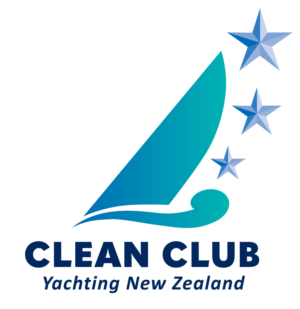Plastic pollution is one of the largest threats facing our oceans. Plastics are used in an enormous and expanding range of products due to their relatively low cost and versatility. Most are petroleum-based plastic, a product designed to last forever. They pose an ever-increasing problem to aquatic environments, as they don’t biodegrade. Plastics breakdown into smaller and smaller pieces, but don’t get absorbed into our natural systems and therefore never disappear.
What are the impacts of marine debris?
Marine debris not only damages important habitats including coral reefs, shellfish and seagrass beds, but also causes significant harm to wildlife, including sea turtles, whales and birds. Plastics are not only toxic themselves, but they act as sponges absorbing toxins and chemicals in the water. When marine creatures consume the small plastic debris and plastic bags that resemble their food sources, the plastics and toxins enter the food chain and may eventually end up on our dinner plates.
Marine debris can also be quite large and difficult to see in the ocean, especially if it’s floating just below the surface. Accidentally striking debris can severely damage or sink your vessel.
As boaters, there are many ways we can keep our oceans clean and prevent debris from entering our waterways.
Before you leave the dock:
- Buy products in bulk to reduce the amount of packaging you need to discard.
- Remove packaging from products before you carry them onto your boat.
- Use bamboo utensils, silicone storage bags, glass jars, canvas bags and other reusables to replace disposable items.
- Install a water filtration system aboard to use with mineral tablets instead of buying plastic water bottles.
Onboard:
- Don’t throw any trash overboard.
- Secure possessions below deck before the seas get rough, so nothing is accidentally lost overboard. If gear is lost, try to recover it by making it a man-overboard drill.
- Think of creative ways to upcycle and reuse throwaway items.
- Practice Plus One Boating by bringing back whatever you take out, plus one trash item you find.
Back on land:
- Take all trash ashore and dispose of it appropriately, either by recycling what you can (paper, plastic, glass, cans, plastics, antifreeze, oil, lead batteries, fishing gear and fishing line) by placing it in the correct marina bin or as part of your home waste system.


